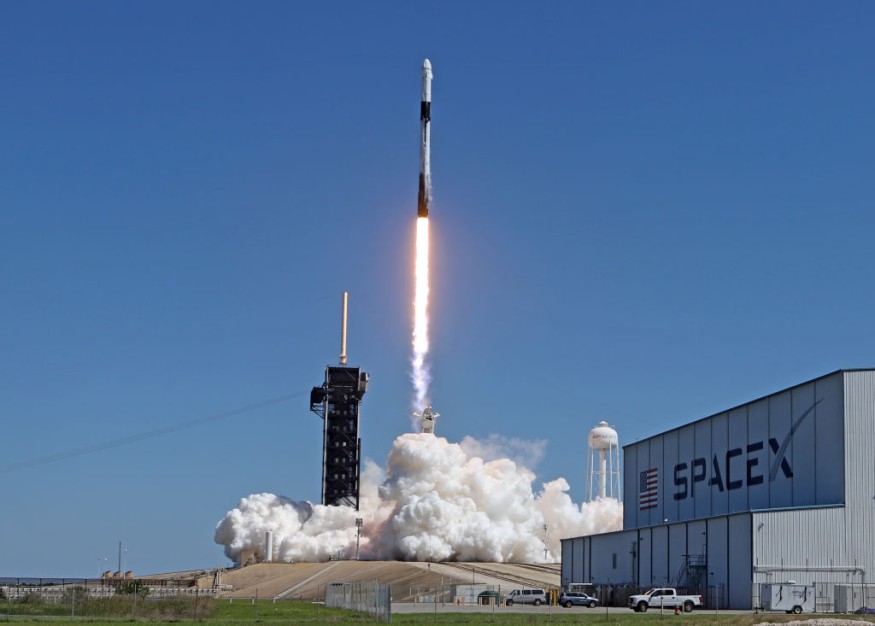SpaceX rocket fumes are toxic to humans and the planet's climate, according to a warning by scientists in a new study.
The researchers concluded that rockets made by SpaceX, Blue Origin, and other private rocket manufacturers release hazardous airborne particles that pose health hazards and contribute to atmospheric pollution or air pollution.
Over recent years, rocket emissions have been a subject of raging debates, including by the United Nations (UN), due to their known impact on the Earth's atmosphere where gases and other toxic air particles go into.
The emissions come from the exhaust fumes of rocket engines as part of a current space technology dominated by fluid dynamics models.
This technology uses various gases and chemicals, including carbon dioxide, to ignite these space rockets to give their boost toward their ascend from Earth.
Amidst the challenges, calls for the use of space rockets for cleaner fuel are increasing.
Hazardous Rocket Fumes

In a new research article published in the Physics of Fluids on March 2, scientists have addressed the repercussions of air pollution from space rockets to human health, the environment, and the climate using high-resolution computation fluid dynamics simulations.
With this, scientists from the University of Nicosia in Cyprus collectively asserted the necessity to tackle the issue of the atmospheric pollution caused by the exhaust fumes involving commercial space flights, which are reportedly expected to increase in the future.
To determine the dangers of rocket exhaust gases, the scientists simulated the development of a plume at several altitudes similar to the trajectory of a standard present-day rocket.
In the prototype example, the research team employed the two-stage rocket process where people were transported and loaded into Earth's orbit and beyond.
In its model, the Cyprus-based researchers used the Thaicom 8 launch mission of the Falcon 9 rocket of SpaceX based on their available data to resemble the actual rocket launch.
As a result, the scientific team found nitrogen oxide from the exhaustion can remain in the atmosphere at high altitudes.
In addition, a mass of carbon dioxide is also found emitted into the atmospheric layer mesosphere.
Commercial Space Flights
The study predicted that commercial space flights will continue to increase due to the low cost offered by "reusable space vehicle technology" that allows space transportation possible and frequent.
The scientists mentioned that such recent flights were evident like the ones from Elon Musk's Space X and Richard Branson's Virgin Galactic, as well as the New Shepard space ships.
As part of the increasing demand for space tourism, round-trip commercial flights to and from the orbits of Earth and the Moon are offered by SpaceX, in coordination with NASA.
Similar space travel packages are also started to be offered by other private rocket manufacturers in a reported era of the space race.
Studies on Rocket Launches
Previous studies have shown that rocket launches significantly contribute to atmospheric pollution due to the consistent uptick of space flights.
In the study from the University of Nicosia, the scientists summarized this past research have suggested the need for thorough investigation when it comes to rocket propellant types.
In an article posted in the Scientific American in November 2017, there are already notions regarding how rocket launches and the re-entry of space debris affect the Earth's atmosphere.
However, the extent of this damage was not yet fully understood at that time.
© 2025 NatureWorldNews.com All rights reserved. Do not reproduce without permission.





